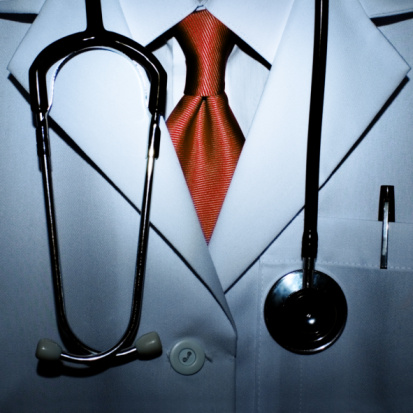If a medical professional has injured you or a loved one, you owe it to yourself to get help assessing your legal rights. When a doctor, nurse or other medical professional fails to provide you with the accepted standard of care, you have the right under the law to seek full compensation for all damages. In these types of personal injury cases, you can receive full and just compensation for all associated losses, such as medical bills and lost income, as well as the pain and suffering you were forced to endure.
What is the medical “standard of care?”
One of the key factors in a medical malpractice case is whether the medical professional who provided your treatment was negligent. Medical negligence is generally determined based on a widely accepted standard of care for similarly situated professionals. More specifically, the legal standard of care is essentially the level and type of care that a reasonably competent and skilled health care professional, with a similar background and in the same medical community, would have provided under the circumstances that led to the alleged medical negligence.
Most Common Type of Medical Error
The most common medical mistake is an improper or missed diagnosis. Misdiagnosis of a treatable disease or ailment is likely to lead to serious complications and in the most tragic cases, death. Close to $40 billion in diagnostic-related malpractice claims were paid out between 1986 and 2010.
NPR reports that the total number of deaths in hospitals that can be directly attributed to medical errors or mistakes could be as high as 440,000 per year. Medical errors are one of the top leading causes of death in the nation.
In addition to misdiagnoses, other types of serious medical errors include:
- Unnecessary treatments, tests or procedures
- Delayed diagnosis
- Medication and prescription errors
- “Never events” (adverse events that should never have occurred had proper preventable measures been taken)
- Lack of coordinated care
- Hospital-acquired infections
- Faulty medical devices
- Missed warning signs
Medical Malpractice: How to Prove Liability
Proving liability in a medical malpractice case can be challenging. Not all diagnostic errors are grounds for medical malpractice lawsuits, and not all medical injuries are due to negligence from a medical professional. In some instances, an individual may sustain injuries as a result of a dangerous drug or medical device.
A medical malpractice claimant must provide clear evidence showing:
- A doctor/patient relationship
- The doctor was negligent in performing his or her duties;
- The doctor’s negligence is what caused the injury; and
- The injury caused you significant physical pain, mental anguish, loss of income or earning capacity, as well as medical bills and other injury-related costs.
What types of damages can be pursued in a medical malpractice case?
As long as the victim of a medical malpractice can prove liability, he or she will be entitled to pursue damages to cover medical expenses, emotional pain and suffering, loss of income, and other damages. In certain cases, a claimant can recover punitive damages if a medical professional acts egregiously. It is in your best interest to consult with an attorney before filing a claim, as legal representation can often make a significant difference in your ability to maximize your claim.
Importance of Hiring Legal Representation to Fight Medical Malpractice
Medical professionals are supposed to be well-trained and competent in their particular areas of expertise. This does not mean that these types of individuals are not immune from making mistakes. Doctors and other professionals in the medical industry can and do make mistakes all the time.
The unfortunate fact is that when a medical professional makes a mistake that falls short of the accepted standard of care – such as erroneously authorizing the wrong prescription, neglecting to provide a patient with prompt treatment, or failing to maintain the necessary level of care – the results can be tragic. Medical professionals must be held accountable for these types of mistakes.

